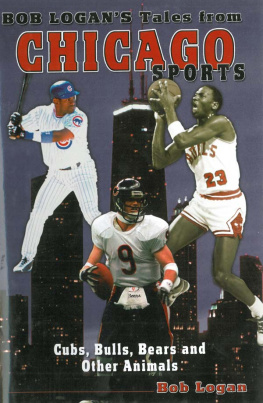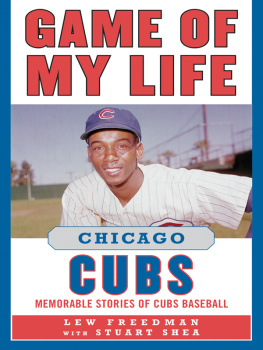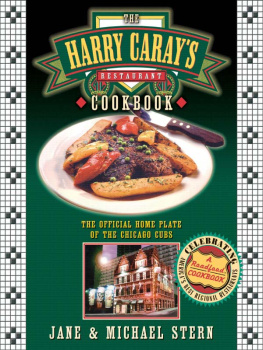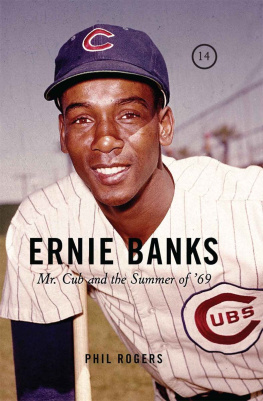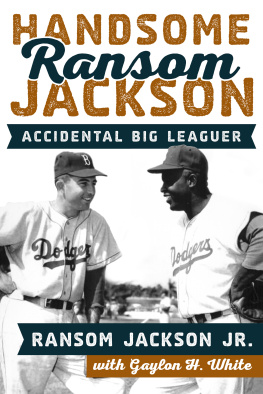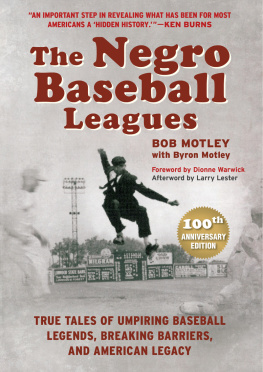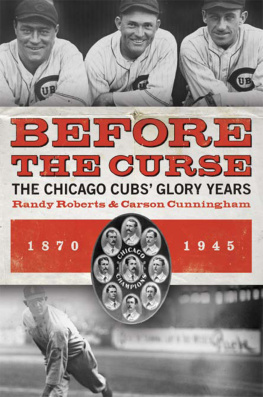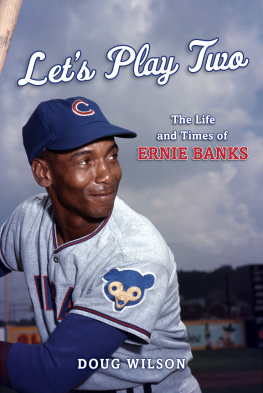Cover design by Carlos Esparza. Cover copyright 2019 by Hachette Book Group, Inc.
Hachette Book Group supports the right to free expression and the value of copyright. The purpose of copyright is to encourage writers and artists to produce the creative works that enrich our culture.
The scanning, uploading, and distribution of this book without permission is a theft of the authors intellectual property. If you would like permission to use material from the book (other than for review purposes), please contact permissions@hbgusa.com. Thank you for your support of the authors rights.
Published by Hachette Books, an imprint of Perseus Books, LLC, a subsidiary of Hachette Book Group, Inc. The Hachette Books name and logo is a trademark of the Hachette Book Group.
The Hachette Speakers Bureau provides a wide range of authors for speaking events. To find out more, go to www.hachettespeakersbureau.com or call (866) 376-6591.
The publisher is not responsible for websites (or their content) that are not owned by the publisher.
Library of Congress Cataloging-in-Publication Data has been applied for.
ISBNs: 978-0-316-31863-1 (hardcover), 978-0-316-31862-4 (trade paperback), 978-0-316-31864-8 (ebook)
O n the morning of September 11, 2001, former Illinois State Senator William Marovitz was awakened in a hotel room in Omaha, Nebraska, by the sound of a ringing telephone.
Turn on the TV, the voice in his ear said.
Its early, Marovitz said. You woke me up.
Turn it on.
Together, they watched smoke billowing from the North Tower of the World Trade Center in New York and the chaos in the streets below. Then they gasped in unison as a second plane struck the South Tower.
Marovitz hurriedly dressed and took a cab to a golf course not far away. There he joined more than one hundred others who had been invited to attend an outing arranged by Warren Buffett, the businessman, investor, and philanthropist and one of the worlds richest men. Buffett held these events regularly, inviting politicians, heads of corporations, celebrities, athletes, and friends to Omaha for a weekend of golf, conversation, and his own informal comments on the state of the economy and the nation. In the clubhouse, Marovitz stood with dozens of people watching television, all of them still in shock at what had taken place earlier in New York. Soon they were joined by their host.
For the first time in my life, Im speechless, Buffett said. Im sure a lot of you dont feel like playing golf, but would rather stay here watching things unfold on television and calling your families. But those who had flown to Omaha should entertain no thoughts of returning home any time soon, Buffett warned. I know many of you have your own planes, he said, but it doesnt matter. The sky is closed. As for himself, he was going to play golf. Many of those in attendance decided that, however odd it might seem, they would join him.
Marovitz looked around for the two men he had previously arranged to play with: Stedman Graham, a Chicago businessman who was best known as the fianc of Oprah Winfrey, and Ernie Banks, the Hall of Fame baseball player who had spent his entire career with the Chicago Cubs. As they made their way around the course, they could see Buffett visiting with each group of golfers and giving them updates on the attacks. As he approached them, Buffetts walkie-talkie crackled. Mr. Buffett, Air Force One has just landed in Omaha.
At that point, we dont know if were in the safest place in the world or the most dangerous, Marovitz says of the fact that the plane carrying President George W. Bush had arrived nearby at Offutt Air Force Base, the headquarters of the United States Strategic Command, which contained an underground bunker built to withstand a nuclear blast.
Buffetts guests spent the evening watching television, discussing the implications of the attacks, and, more immediately, how to get home. At breakfast the next morning, Graham told Marovitz and Banks that Winfrey would be sending a plane, but as the day wore on it became clear that not even Oprah Winfrey would be able to breach the closure of the nations air traffic, and for two more days Buffetts out-of-town visitors remained stranded.
On the third day, Marovitz began making calls and found a rental agency that had a car available. He invited his golfing companions to join him, but Graham held firm. He would wait for Winfreys plane, he said. But Banks said, Im coming with you, and, after getting directions from the hotel, the two men set off on a trip to Chicago they were told would take about seven hours.
Marovitz and Banks had been friends in Chicago for thirty years. Banks and his fourth wife, Liz, had attended Marovitzs wedding in 1995 to Christie Hefner, the chair and CEO of the Playboy publishing empire, which had been founded by her father. He and Banks had played golf many times, often at Cog Hill, a course thirty miles southwest of Chicago where Banks had been a regular during his playing days when it was one of the few clubs where black golfers were welcome. And occasionally they did favors for each other.
Banks enjoyed the company of prominent people, and Marovitz, who, along with his political career, was active in Chicagos business real estate market, would often invite him to elite social gatherings. He also brought Banks to Chicago Bulls gamesthis was during Michael Jordans heyday when the Bulls were the hottest ticket in townand Banks would usually bring a box of baseballs for autograph-seekers. He never said no, Marovitz says. The ushers would have to stop them from coming down because it was interrupting other peoples view of the game.
Banks in turn would make personal appearances at Marovitzs request. Somebody would call me and say, My friend is turning fifty and hes the biggest Cub fan in Chicago. Could Ernie Banks come by his birthday party for just a few minutes and sign a ball and say hello? Marovitz says. Banks was invariably accommodating and often stayed longer than the promised time. Banks had a photographic memory and often surprised people he had run into years earlier when he greeted them by name and inquired about their wives and children, whose names he remembered, too.
In 1996, Marovitz bought a building on Chicagos Near North Side that housed a museum dedicated to Al Capone, which he planned to turn into a sports bar. The citys mayor, Richard M. Daley, detested the presence of the museum, as did its Italian community, which considered it a civic insult. I still have a union card so if they need someone to operate the wrecking ball, I hereby volunteer, Dominic DiFrisco of the Joint Civic Committee of Italian Americans told Gene Siskel, the movie critic for the Chicago Tribune. Marovitz had a better idea. He invited Banks to join him on the sidewalk in front of the museum and handed him a baseball bat. As the television cameras rolled, Banks began the destruction of the museum with a home run swing through one of its windows.
But despite Bankss constant public display of good cheer, Marovitz and others who knew him well were aware of another, more complicated, side of his personality. Upon meeting people, Banks would always ask a question and then follow up with more. Only later would those talking to him realize that he had not said a single word about himself. Hed ask me, Hows Judge Abe? Marovitz says, referring to his uncle, Abraham Lincoln Marovitz, who was a legend in Chicagos legal circles. Or, How that new restaurant doing?, Are you going to run for office?, Have you seen the mayor lately? Over the years, the people closest to Banks had learned that these questionsand especially his two best-known greetings: Are you married? and Hows your wife?were a defense mechanism. As long as he was asking questions, he didnt have to answer them.


